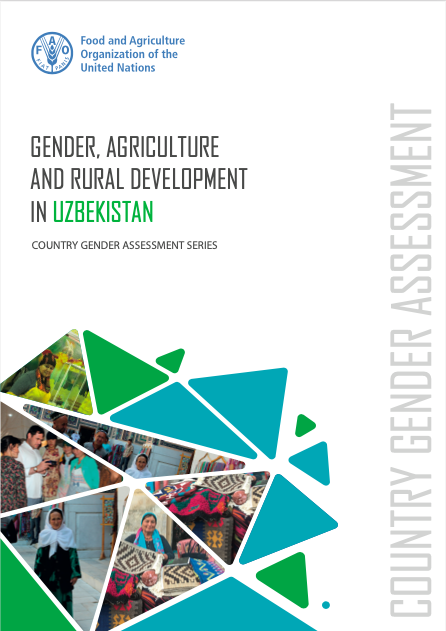New Times, New Opportunities: Grasping the future with the world's youngest population in the Sahel.
The support plan for the Sahel is a regional approach to collectively address the root causes of disruptions such as poverty, migration and youth unemployment, climate change, insecurity, governance and institutional issues in the region. In this report an overview of the current situation for each of the priority areas of the UN Support Plan is presented to demonstrate that the full implementation of the plan could utilize an existing momentum of development not seen in decades in the Sahel.





